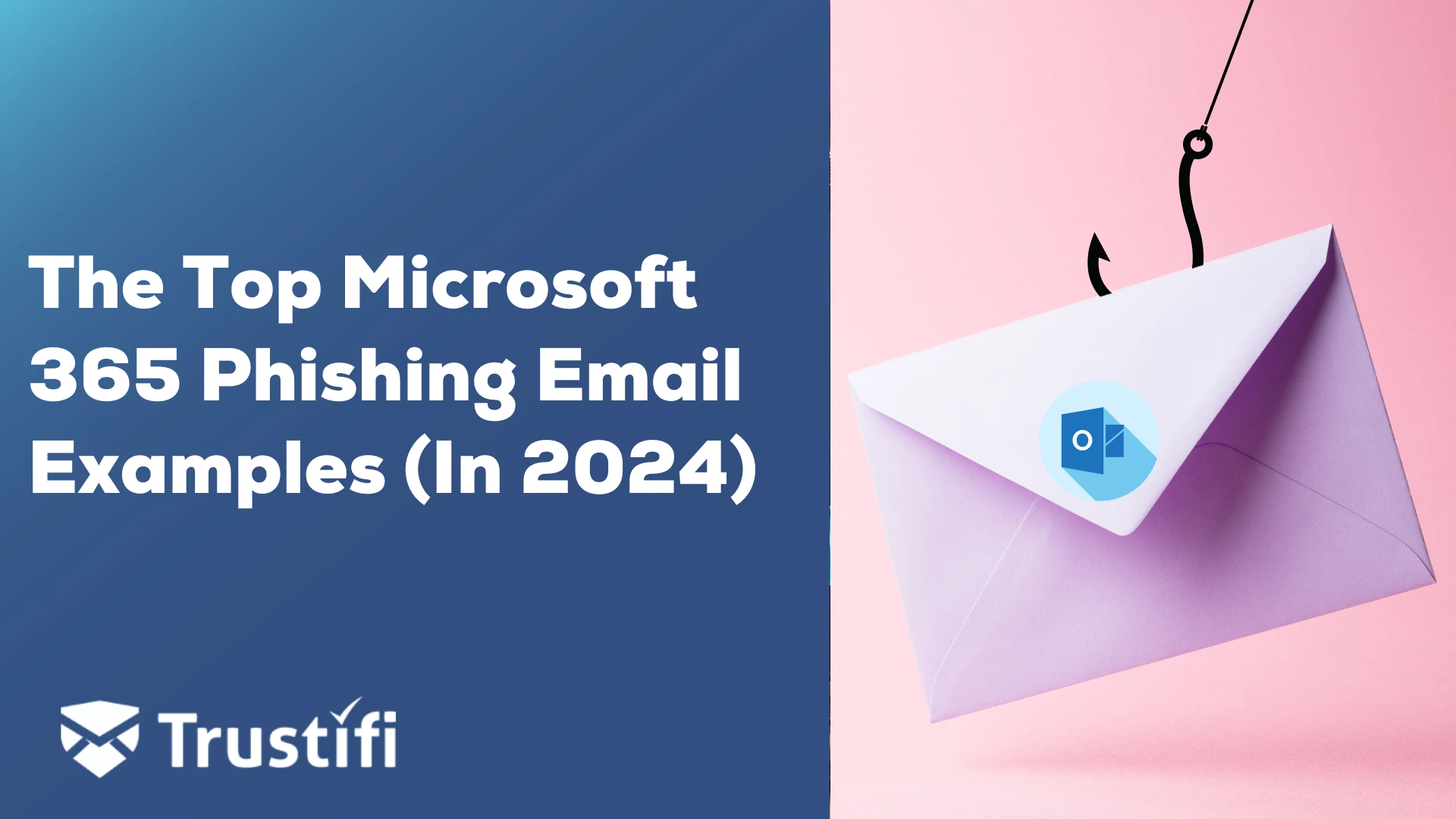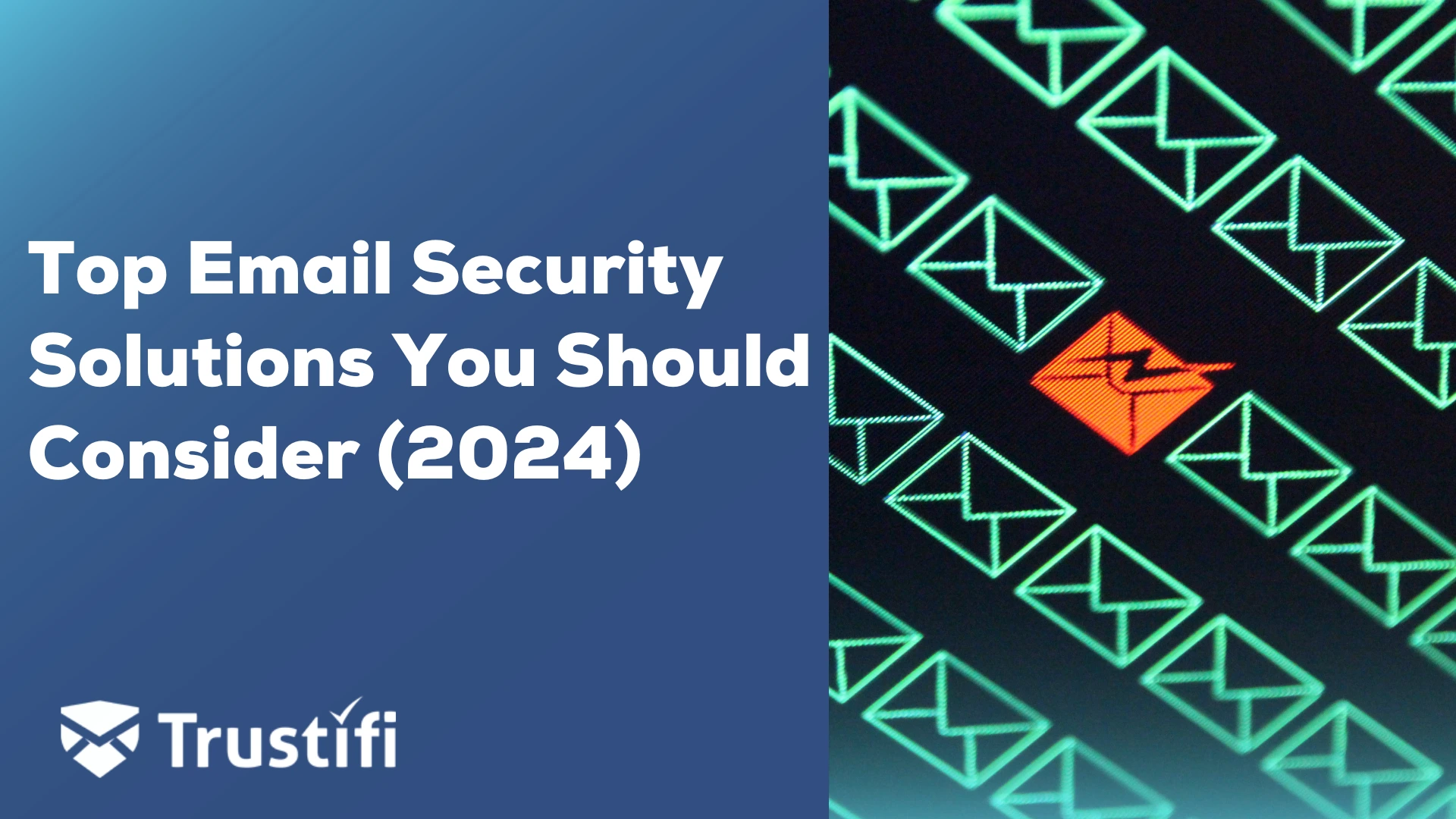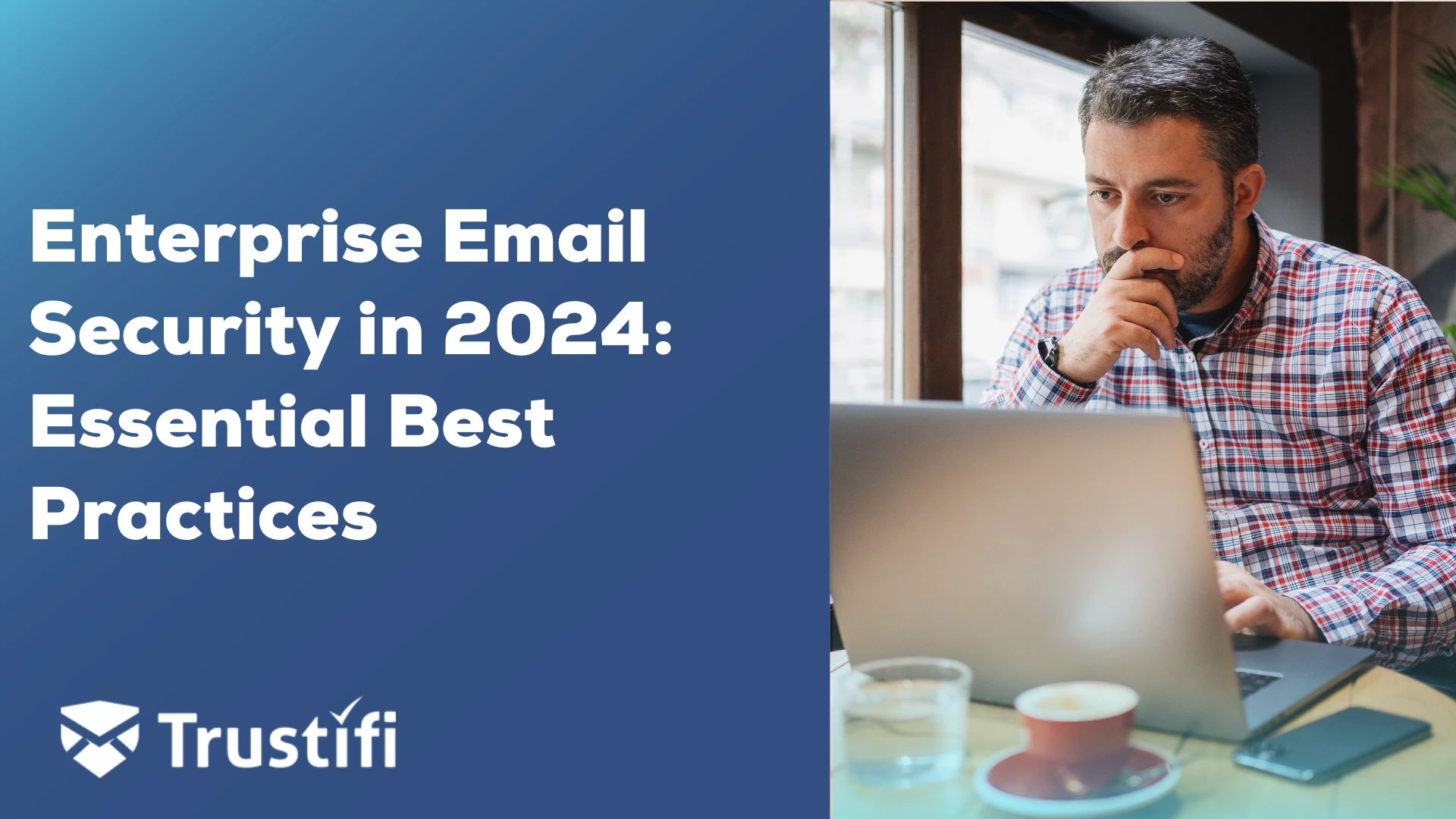Before you start reading, I want you to close your eyes and think about your daily routine. What’s the first thing you do? If you’re like 80% of smartphone users, you probably check your phone before you even brush your teeth.
Now close your eyes again. What do you see on the home screen? What apps are there? You probably have a few time killers – games, trivia – maybe some of your favorite news sites. You definitely have at least one social media source. What did you need in order to sign up for access or download the apps?
An email address.
Email addresses are the modern social security number – and they are tied to everything you use. That’s why cybercriminals want them.
The end of 2016 was ushered out with the Yahoo data breaches. Billions of email addresses, passwords, and security questions were obtained by cyber thieves, who likely had their hands on this information for years and used it to infiltrate thousands of individuals’ lives. These cybercriminals weren’t looking for a massive payout from their theft; it was far more lucrative to cherry pick a few individuals’ information a little at a time because it prolongs the shelf-life of your stolen data. While Yahoo was aware of the breach, they only made it public when Verizon uncovered the massive problem during due diligence.
Human beings are creatures of habit and because so much of our real lives are intertwined with our digital existence, we tend to recycle passwords from one data source to the next. Even if you’re diligent about using different passwords, your email address is still likely tied to multiple accounts, such as your credit card or banking information. Even something as seemingly innocuous as your Amazon account can be a veritable skeleton key to the rest of your digital life.
Your inbox is a treasure trove of information.
Beyond the passwords and security question answers, cyber criminals had access to the intimate details of over a billion users’ inboxes – how they shopped, who they banked with; medical records, tax information, family recipes all in the hands of cyber criminals who could exploit that data for profit. Email is ubiquitous and we presume that what we send is relatively private. Except that it isn’t. The Yahoo breach also exposed setting issues, like auto-forward. A copy of the email lives in the primary inbox and another copy auto-forwards to another inbox. It’s relatively simple to set up and is a feature that most folks “set and forget.” Most email services do not provide any tracking mechanisms for email, so the typical Yahoo user would have no idea where their emails were actually going.
Email theft is, unfortunately, a growing trend.
But that doesn’t mean you should give up on privacy and security. There are simple proactive steps you can take to protect your email and keep your digital assets safe and secure.


